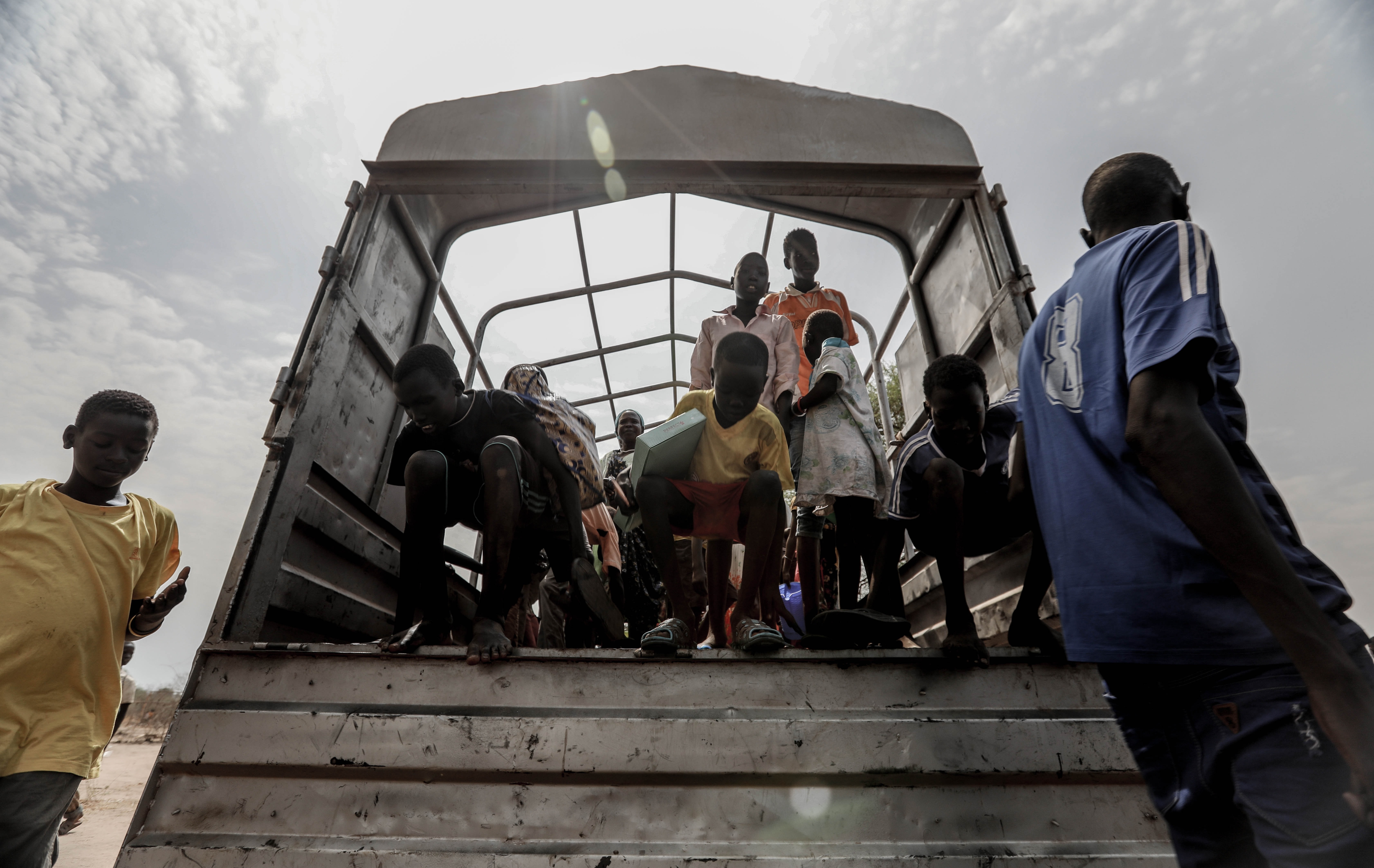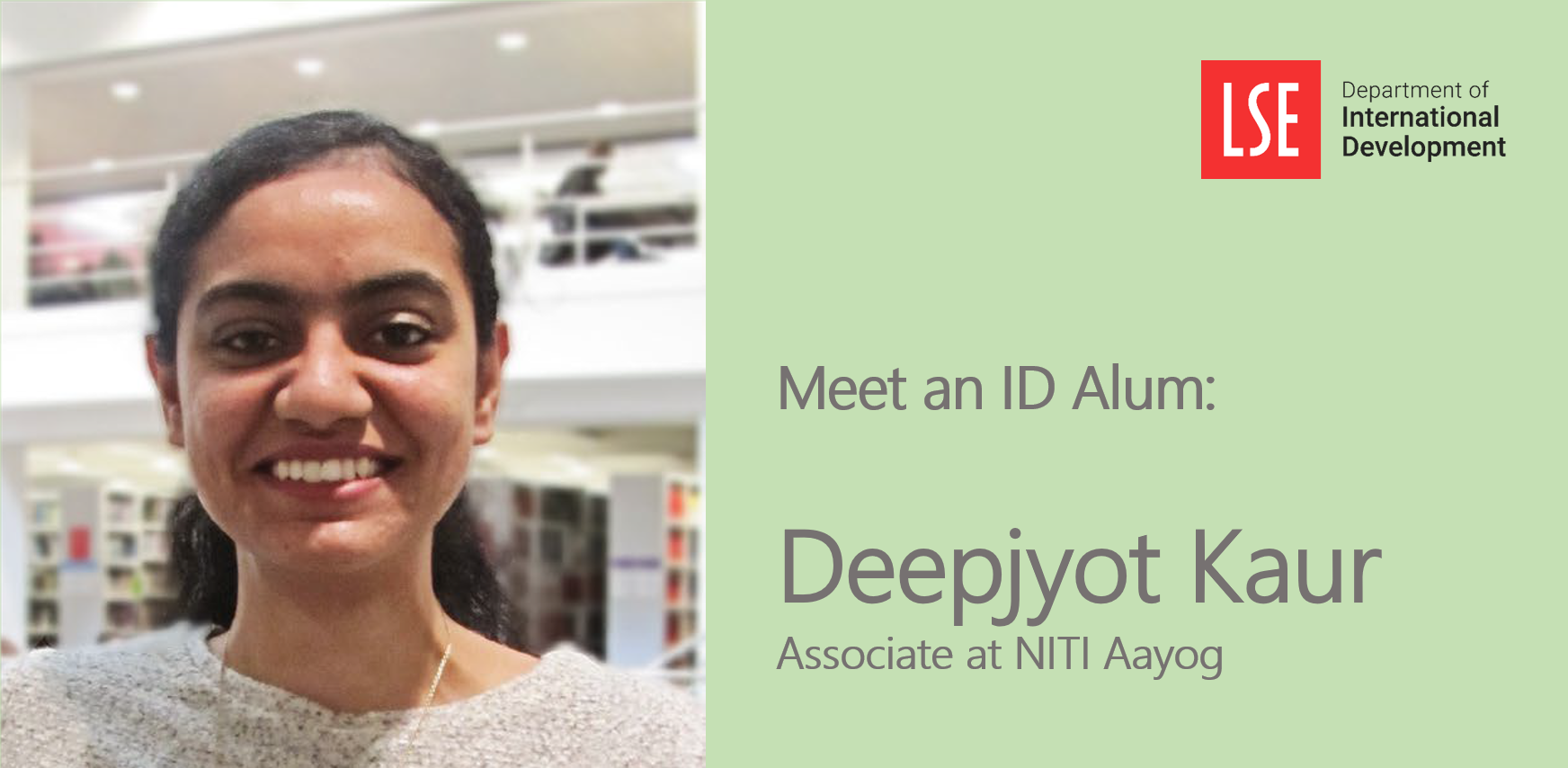Professor in Practice, Duncan Green, Zooms In with department scholars to find out what they’re up to in lockdown and how their research relates to the Covid-19 pandemic. The fifth Zooming In episode is with social economist, Professor Naila Kabeer who tells us how an interdisciplinary approach to economics helps her find answers to social problems, and why social protection could be a key solution to tackling future global pandemics.
Transcript of interview:
Tell us a bit about yourself. How did you become an academic?
I was born in India and brought up between India (where I went to school) and Bangladesh (which was home). I came to the UK to do my undergraduate degree. It was the 70s and I was very keen on coming to LSE because there was a lot of protest at the time and it looked like an exciting place to be. I did my undergraduate degree at LSE as well as my PhD. During that time I developed an interest simultaneously in development studies in the classroom and in feminism outside the classroom. So when I finished my PhD I went on to the Institute of Development Studies (IDS) at Sussex, where I was able to bring these two passions of my life together – to work on feminism within development studies. I was there for many years. But then, commuting from London got too much, so I came back to London. I worked first at SOAS and then at LSE. I started out in Gender Studies but I am now joint professor with the Department of International Development.
What are you in disciplinary terms? An economist?
No self-respecting economist would think of me as an economist. I did do my undergraduate and postgraduate degrees in mainstream neo-classical economics and started my PhD in the Economics department at LSE. But it was on fertility behaviour and when I was asked to read Gary Becker’s theories about fertility behaviour, a theory that had very little to do with why people have children, I decided to leave the Economics Department and join Population Studies which was far more interdisciplinary in its outlook. Since then, I regard myself as someone whose training in economics has not disappeared but how now poses questions about economic issues but offer interdisciplinary answers. I draw on the wisdom of anthropology, economics, philosophy, politics – whatever seems useful to get at the kind of explanations that capture the reality I am studying.
In the academic world that you’ve navigated for decades and are hugely respected in, is being interdisciplinary seen as a good thing or do people raise eyebrows and think that you’re some kind of mongrel?
It depends on how narrow-minded they are. There are many people who jealously police the boundaries of their discipline and are very hostile to the idea that you can mix and match disciplines. And then I think there are people who are interested in the real world and want answers to the problems that are facing us in the real world. They realise that you cannot do it through a single mono-disciplinary lens. So yes, a lot of eyebrows get raised, but a lot of people welcome the freedom of looking for answers in the right places.
You have an enormous range of research interests, but today you would like to focus on social protection. Could you tell us what it is and why it’s important research?
I became interested in social protection through my interest in labour markets and livelihoods. The main focus on my research is in the intersection of inequalities in the labour market and in trying to understand labour market forces through the perspective of those at the bottom of labour market hierarchies. Our lives depend on our livelihoods. To understand how power works in labour markets, research on how those with very little material, human or social capital at their disposal attempt to earn a living is a very good entry point . When you’re looking at labour markets from the bottom of this hierarchy of inequalities, you understand how power works in the economy and you understand why certain groups of people (both men and women, but women to a much greater extent) who come from marginalised groups, the very poor, the lowest cast, ethnically deprived and so on, do the kinds of jobs they do, the kinds of jobs that do not guarantee them any security. They survive from day today and if there’s any kind of crisis they will go under. They will have to sell off whatever they have, put everyone to work, both the very young and very old – these are strategies that can cause irreversible forms of damage and undermine their ability to recover.
The reasons that these groups aren’t able to fight for fairer deal or for more rights at work is that they have not bargaining power. They have no bargaining power because they are dependent on selling their labour on a daily basis or in precarious forms of work and cannot afford to jeopardise their livelihoods. They need some kind of a safety net. If you have a basic safety net below which you cannot fall, then it is more likely that you will be in a position to bargain for fairer wages or greater safety at work.
So my interest in social protection came out of my research into inequalities in the labour market and possible pathways to economic injustice. There are two different pathways through which we can achieve this: the first is the policy pathway, policies to promote fairer market, and the second is the pathway of collective action. This is where social protection comes in. It bridges the two pathways. You need a basic safety net to fight for your rights but marginalized groups will not get that safety net until they are in a position to fight for it. So public policy and collective action come together in struggles around social protection. I have written a book intended for policy makers called Mainstreaming Gender in Social Protection for the Informal Economy (Commonwealth Secretariat). And I have also asked activists and academics to write up their experiences and findings about women’s collective action in the informal economy: Organizing Women Workers in the Informal Economy: Beyond the Weapons of the Weak. What was interesting about their contributions was how often the first demand that women worker make once they organize is for social protection. Once they win that, they are able to mobilize for more political rights.
So what is Social Protection?
The UK used to have a very strong welfare state which had provisions for people in times of insecurity – when they fell ill, became unemployment, got old. But then we moved into the era of neo-liberal policies. The welfare state was cut back in UK and elsewhere while structural adjustment policies made it difficult for countries in the global south to build up their own welfare states. The idea of safety nets started to emerge in developing countries when it became clear that not everyone was benefiting from these policies. Safety nets were intended to support people through times of crisis when their livelihoods collapsed. But from a very narrow beginning, safety nets began to assume the role of promoting livelihoods, productive forms of social protection, as well as protecting them in crisis. What we now see is a growing infrastructure of social protection which takes different forms in different countries – conditional and unconditional cash transfers, employment guarantees, public works, health subsidies and so on. Given that we were not able to build a welfare state, social protection can serve as the thin end of the wedge to get in there and start to build some kind of basic social provision for all. It boils down to a collection of initiatives that are intended to help people during crisis, whoever they are, and to make their way out of poverty.
So a welfare state by stealth?
Yes, a welfare state by stealth. There is a big divide in social policy between universal and residual policies. We try to overcome that dichotomy by talking about inclusive or broad-based social protection but really, the goal is to build a basic social floor for all which allows people to tackle the challenge of earning a living and fighting for their rights when they have very little.
What impact do you think Covid-19 will have on Social Protection policy?
I hope that COVID-19 will build on the lessons that we should learnt from past efforts to promote social protection in times of crisis. If we go back to the structural adjustment era, one of the concepts it introduced into the development discourse was that of ‘vulnerability’. In other words, it was not just the poor who needed support in times of crisis but many non-poor people who were vulnerable to becoming poor. Adjustment policies were cutting back on the public sector and people who once had secure jobs were joining the ranks of the poor. The focus on vulnerability held out the promise of inclusive social protection by dissolving hard and fast distinctions between the poor and non-poor. But it was not followed through. Then we had the East Asian financial crisis of 1998, there were no safety nets in place because East Asian states believed that families would provide necessary support. But it became clear that in times of generalised crisis, most families come under strain. So the lesson we learn from the East Asian crisis is the need for institutionalized social protection before a crisis rather than scrambling around to put it in place after crisis has hit. You need the basic infrastructure in place beforehand and it can then be scaled up to meet the needs that may arise later.
This is why Kerala has been such an interesting case study during the Covid-19 pandemic. They had spent 24 years investing in broad-base public health. When the pandemic hit India, the rest of the country was in disarray, but Kerala was able to avoid the large number of deaths and tragedies we see in the rest of India. Kerala is really good example of how a universal approach to Social Protection that can be scaled up when needed.
Then we have the global financial crisis in 2008 and countries had two policy pathways: a stimulus package that would revive the economy through public expenditure and an austerity package that would cut taxes and hence public expenditure in order to grow. UK opted for austerity: we cut back on public services, including the National Health Service, and we are now doing worse in coping with pandemic than other countries that did not go so far.
We face the same options as we come out of this pandemic. People are asking for universal basic income as a short term measure and it can be seen as a way of supporting livelihoods and generating demand in the economy. But in the longer run, we need a stimulus package which invests in social infrastructure to generate jobs. The Women’s Budget Group here in the UK has pointed out that the positive multiplier effect on the economy of investing in social infrastructure, in essential social services, is much greater than investment in physical infrastructure, the usual choice. The social protection for the future should be investment in essential social services so that we are prepared for whatever crisis or pandemic the future holds for us.
Tune in for next week’s Zooming In With: Professor in Practice, Duncan Green
The views expressed in this post are those of the author and in no way reflect those of the International Development LSE blog or the London School of Economics and Political Science.






1 Comments